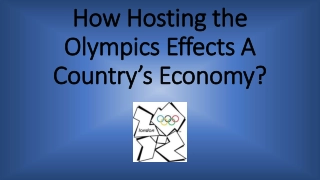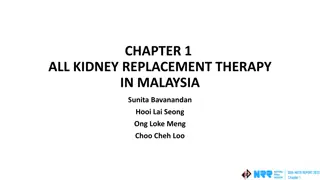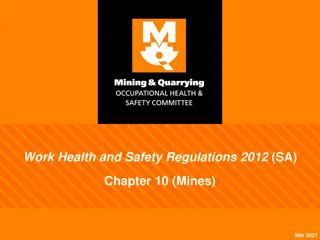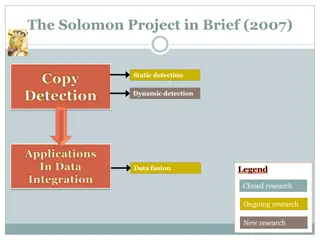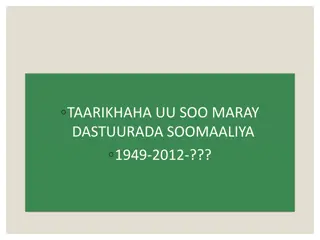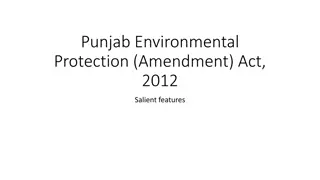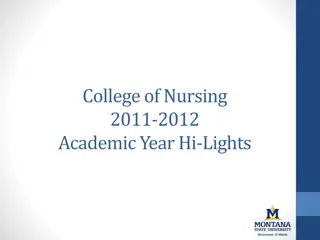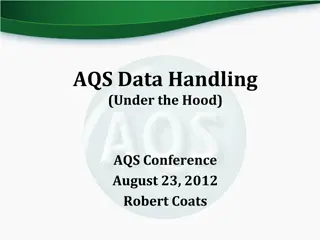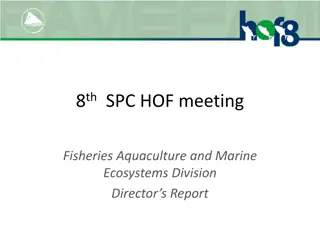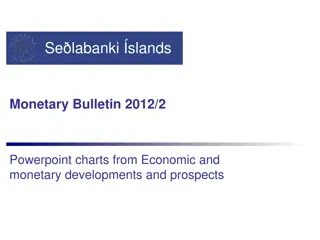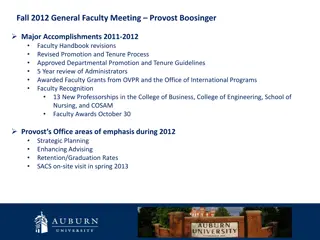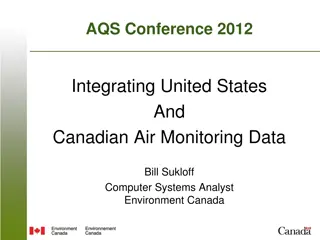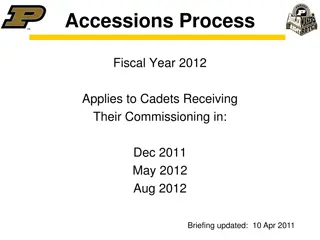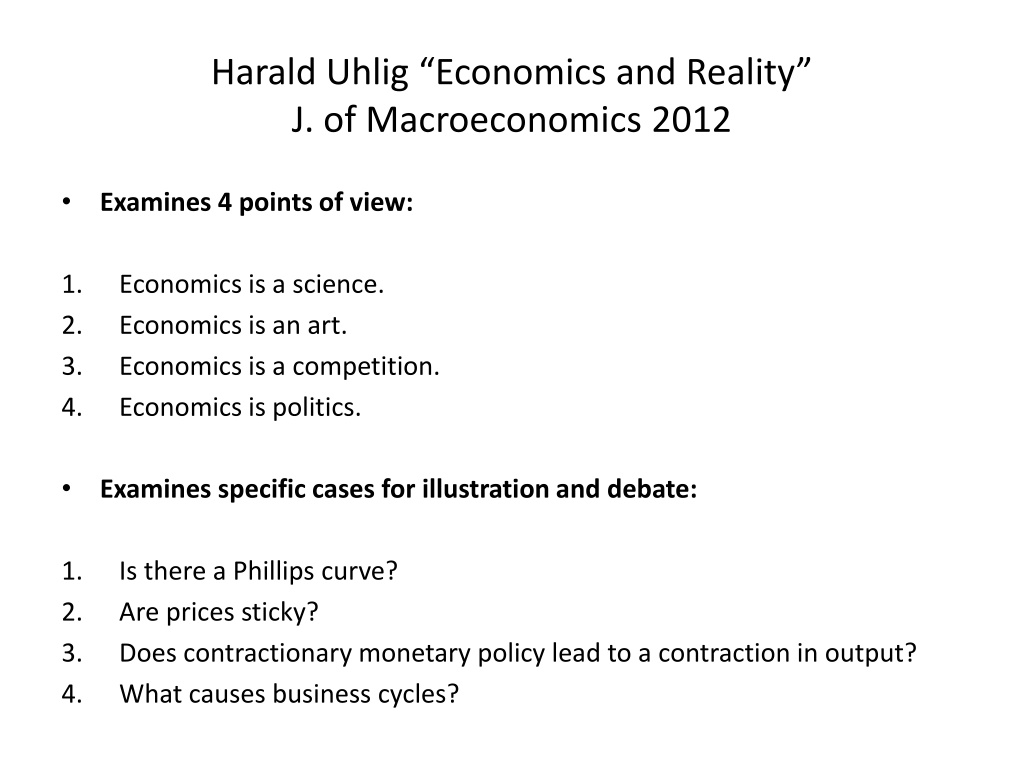
Economics and Reality Insights by Harald Uhlig
Explore Harald Uhlig's perspectives on economics as a science, art, competition of ideas, and politics. Delve into topics like the Phillips curve, sticky prices, monetary policy effects, and business cycles with Uhlig's thought-provoking analysis.
Uploaded on | 0 Views
Download Presentation

Please find below an Image/Link to download the presentation.
The content on the website is provided AS IS for your information and personal use only. It may not be sold, licensed, or shared on other websites without obtaining consent from the author. If you encounter any issues during the download, it is possible that the publisher has removed the file from their server.
You are allowed to download the files provided on this website for personal or commercial use, subject to the condition that they are used lawfully. All files are the property of their respective owners.
The content on the website is provided AS IS for your information and personal use only. It may not be sold, licensed, or shared on other websites without obtaining consent from the author.
E N D
Presentation Transcript
Harald Uhlig Economics and Reality J. of Macroeconomics 2012 Examines 4 points of view: 1. 2. 3. 4. Economics is a science. Economics is an art. Economics is a competition. Economics is politics. Examines specific cases for illustration and debate: 1. 2. 3. 4. Is there a Phillips curve? Are prices sticky? Does contractionary monetary policy lead to a contraction in output? What causes business cycles?
1. Economics is a Science Theory-led deductive approach Derive falsifiable predictions from a prior hypothesis (Popper (1934)) Vs. Empirically-grounded inductive approach Derive theoretical principles from careful observation Uhlig conclusion: Reality does guide economics. Empirical evidence influences and should influence economics, as in any scientific discipline, but there is not a single successful approach to do so.
2. Economics is an Art. Economists should not try to construct a Theory of Everything. Occam s razor: The hypothesis with the fewest assumptions able to explain a given set of facts must be the correct one. Beware of theorists bearing free parameters. (Goldberger and Lucas) A good theory is false by design. The key is to summarize key facts that a good and therefore minimalistic theory is meant to capture. Uhlig conclusion: Reality influences economic thinking by guiding theorists to design beautiful, minimalistic theories that connect to a select set of key facts.
3. Economics is a Competition of Ideas How do economist decide which direction of research is correct, which line of inquiry is fruitful, which argument is convincing? McCloskey: Economics is rhetoric. Old theories are never really discarded. Economists love to hang on to beliefs once formed. Uhlig conclusion: New theories predict or explain new facts. Nonetheless, old theories stay around, whether they explain existing new and old facts or not.
4. Economics is Politics Practical men, who believe themselves to be quite exempt from any intellectual influence, are usually the slaves of some defunct economist. (Keynes, 1936, Ch. 24) There is a competition of ideas in practical politics as well. Uhlig concludes that economic thinking at the practical level of economic policy is thick-skinned and conservative. It is rarely influenced by fresh economic theory or by fresh empirical evidence, unless it fits well with an agenda that had been established elsewhere already.
3. Does contractionary monetary policy lead to a contraction in output?
Effect of a positive shock to the fed funds rate (sign restrictions constrain the price response to be non-negative .)

